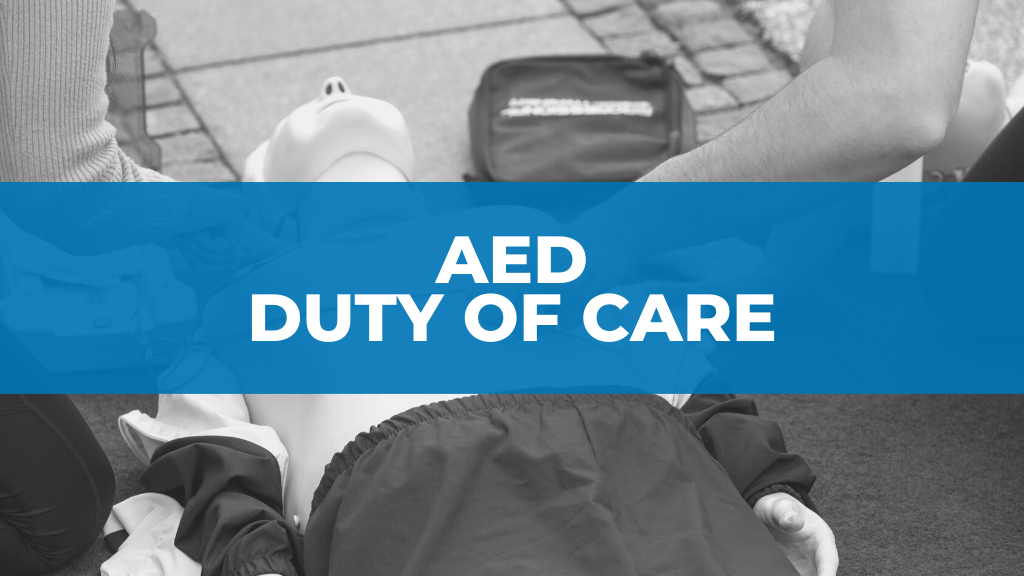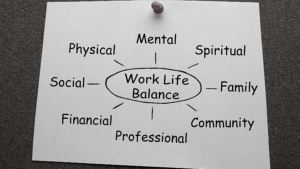As an athletic trainer, access to an AED has been stressed as one of the crucial pieces of equipment in our ability to save a life. However, there is still a common misconception among school districts, officials, and administrators regarding liability/ responsibility associated with attaining one of these machines. The purpose of this post is to dispel that myth.
Regarding non licensed/ certified medical personnel
In May 2013, the House of Representatives passed the Cardiac Arrest Survival Act. This amended the Public Health Service Act (better known as the Good Samaritan Law). The full text can be read here, but we’ve highlighted the important aspects:
- The Good Samaritan is protected if he/she uses or attempts to use an automated external defibrillator device on a victim of a perceived medical emergency; such person is immune from civil liability for any harm resulting from the use or attempted use of such device by such person.
- An owner-acquirer of an AED is immune from civil liability for any harm resulting from the use or attempted use of such device, unless the harm was proximately caused by the failure of the owner-acquirer to properly maintain the device according to the guidelines of the device manufacturer. (read the full article for definition of “owner-acquirer).
This law is mostly in place for the bystander (coaches, parents, other student athletes, administrators, etc) to act in the case of a Sudden Cardiac Arrest episode. Unfortunately, licensed & certified medical professionals are NOT immune to liability under this act when they are working.
Regarding the licensed/ certified medical personnel
Our Professional Rescuer & Athletic Training certifications/ license allows us to act within our scope of practice, including the administration of an AED. In fact, according to our duty to care, we are legally liable to act, providing a standard of care required to keep us clear of a negligence suit.
Worst case scenario, all ATs should carry personal professional liability insurance to protect themselves in the case of a lawsuit. As a general statement: if you are acting within your scope of practice, under the direction of a physician, notwithstanding negligence, you should be in the clear.
Duty of Care
A recent suit in Florida has helped to clarify the importance of using an AED when it is available. A soccer athlete suffered from a cardiac arrest situation while an AED sat on a cart at the field, but was never used. It took EMS nearly 10 minutes to arrive and the student was eventually resuscitated after 23 minutes. The Florida State Supreme Court ruled that the school had a duty to use the AED and were deemed negligent as a result of not using it. (We encourage you to read the full article as there are many more nuances than what was captured in this synopsis).
In Summation
To summarize, the use of an AED is not only recommended, but also protected under federal law. The Cardiac Arrest Survival Act protects all personnel who are not licensed or certified medical professionals. On the other hand, those who are licensed/certified are required to utilize the AED under their duty to act.
The weight of having an AED and its potential to save lives far exceeds the weight of possible legal action. We should not allow the fear of a lawsuit to hinder us from purchasing and using of one.






